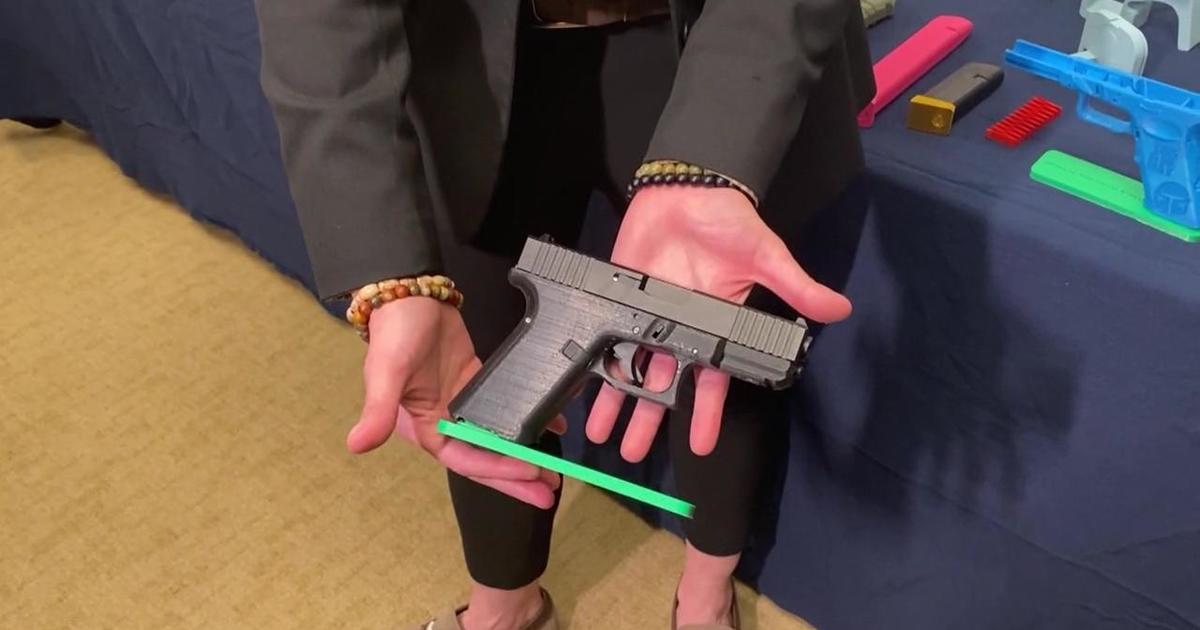New Type Of White Blood Cell Therapy Offers Hope For Type-1 Diabetes Sufferers
NEW YORK (CBSNewYork) -- There was exciting news Monday, for the 1.5-million people who suffer from type-1 diabetes in the U.S.
Scientists are close to shutting down the disease process in diabetes.
CBS2's Dr. Max Gomez was at the Vatican conference where the breakthrough was revealed.
Type-1 diabetes is an auto-immune disease where the body's immune system attacks the insulin producing cells in the pancreas called beta cells.
If you replace the beta cells the immune system attacks them too.
Now, researchers have learned how to re-program the broken parts of the immune system.
"I was losing a lot of weight," Spencer Frank recalled.
Frank was 23 and backpacking in southeast Asia when he became very fatigued. His blood sugar soared to nearly triple the normal level.
When he returned to grad school he volunteered for a clinical trial at the University of California at San Francisco.
"About half the subjects did remarkably well, in fact, their beta cell function looked stable over that two year period," Dr. Steve Gitelman said.
The stabilization of Spencer's blood sugar came from the isolation of a type of white blood cell called t-regs that are defective in type-1 diabetics. These t-regs can be multiplied in a lab and given back to a diabetic patient.
"They work better. We've fixed some of the defects that we identified in these patients to begin with, and the cells that come out the other end are better than the cells that we took out of the person's arm," Dr. Jeff Bluestone explained.
It looks like the procedure could reset the delicate balance in the immune system to prevent auto-immunity.
A different approach to re-balance the immune system appears to have helped young Ivan Chudnovskiy, a type-1 diabetic.
"It felt like burning and, it's like hitting, like my feet with and legs with some kind of like a hammer," he said.
Conventional therapies didn't help Ivan so his mother took to China for an unconventional immune system reset.
It's being done by its inventor, Dr. Yong Zhao at Hackensack University Hospital. The procedure uses umbilical cord stem cells.
"The stem cells can release the signal to the patient themselves to educate the patient immune cells, just like a teacher educating the students," Dr. Zhao said.
Both of these approaches seem to reset the immune system into what's called tolerance, meaning it stops attacking the beta cells. Clinical trials are underway to prove that the techniques really work.
The next step is that the beta cells will need to be replaced and that's also being worked on.



